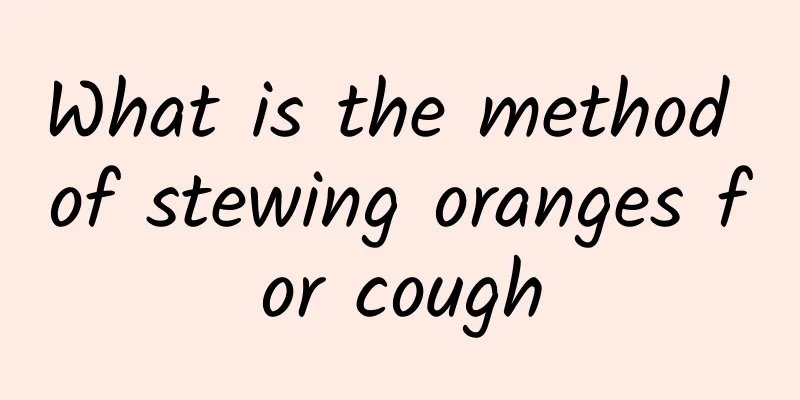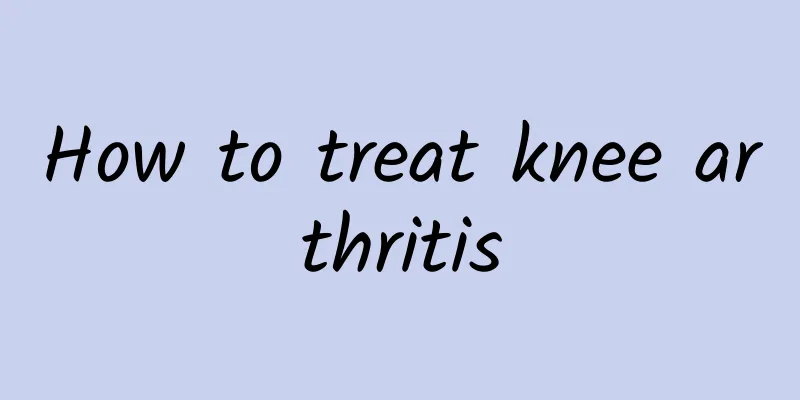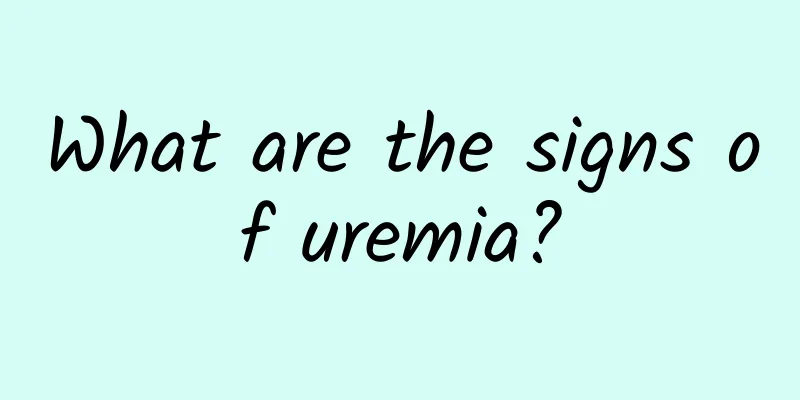Pictures of Chinese medicine Evodia rutaecarpa

|
The Chinese medicinal herb Evodia rutaecarpa is the nearly perfect fruit of the dead leaf shrub or shrub plant Evodia rutaecarpa, Evodia rutaecarpa or Evodia rutaecarpa of the Rutaceae family. The main production areas are Hunan Province, Hubei Province, Guizhou Province, Guangxi Province, Yunnan Province, Shaanxi Province, Sichuan and other places. From August to October, when the fruit has not yet cracked. Cut off the fruiting branches, air dry or freeze dry, and remove branches, leaves, fruit stalks and other debris. Used raw or prepared with licorice decoction. The nature, flavor, meridians and functions of the traditional Chinese medicine Evodia rutaecarpa The nature and flavor of Evodia rutaecarpa: pungent, bitter, and hot. Toxic. It enters the liver, spleen, and liver and gallbladder meridians. The effects of Evodia rutaecarpa: dispel cold and relieve pain, soothe the liver, regulate qi, warm yang, transform dampness and reduce adverse reactions. Evodia rutaecarpa is mainly used to treat Jueyin headache, abdominal pain due to cold hernia, diarrhea due to yin deficiency and internal heat, abdominal distension and pain, vomiting and acid regurgitation, athlete's foot, and oral ulcers and oral thrush. The Chinese medicinal herb Evodia rutaecarpa is the nearly perfect fruit of the dead leaf shrub or shrub plant Evodia rutaecarpa, Evodia rutaecarpa or Evodia rutaecarpa of the Rutaceae family. The main production areas are Hunan Province, Hubei Province, Guizhou Province, Guangxi Province, Yunnan Province, Shaanxi Province, Sichuan and other places. From August to October, when the fruit has not yet cracked. Cut off the fruiting branches, air dry or freeze dry, and remove branches, leaves, fruit stalks and other debris. Used raw or prepared with licorice decoction. The nature, flavor, meridians and functions of the traditional Chinese medicine Evodia rutaecarpa The nature and flavor of Evodia rutaecarpa: pungent, bitter, and hot. Toxic. It enters the liver, spleen, and liver and gallbladder meridians. The effects of Evodia rutaecarpa: dispel cold and relieve pain, soothe the liver, regulate qi, warm yang, transform dampness and reduce adverse reactions. Evodia rutaecarpa is mainly used to treat Jueyin headache, abdominal pain due to cold hernia, diarrhea due to yin deficiency and internal heat, abdominal distension and pain, vomiting and acid regurgitation, athlete's foot, and oral ulcers and oral thrush. Evodia rutaecarpa efficacy 1. Antimicrobial efficacy 2. Protect liver 3. Improve the body's ability to withstand insufficient oxygen 1. The Chinese medicine Evodia rutaecarpa is pungent in nature, bitter in taste, and has a dry and strong nature. It can also relieve depression and reduce turbid yin, and is a common medicine for dispelling cold and relieving pain. It is used to treat internal heat due to liver and stomach yin deficiency, upward flow of turbid yin, severe pain at the top of the head, nausea, and spitting of drooling Jueyin headache. It is often used together with ginseng and ginger slices, such as Evodia rutaecarpa Decoction. If cold stagnates the liver meridian and there is hernia pain, it is often used together with fennel, Toosendan fruit, etc., such as Daoqi Decoction. If the patient has internal heat due to Chong and Ren Yin deficiency, irregular menstruation, and cold pain in the lower abdomen, it is often combined with cinnamon twig and Chuanxiong, such as Wenjing Decoction. It is used to treat spleen and kidney yang deficiency and diarrhea at dawn. It is often used together with Psoralea corylifolia and Schisandra chinensis, such as Si Shen Wan. 2. The Chinese medicine Evodia rutaecarpa can not only warm the middle and relieve pain, but also soothe the liver, regulate qi and warm yang. Therefore, it can be used to treat liver cold invading the stomach, cold pain in the abdomen, acid regurgitation and noisy stomach, and is often used together with roasted ginger. If liver depression turns into fire, liver fire attacks the stomach, and there is pain in the kidney area, bitter taste in the mouth, bad breath, vomiting and acid regurgitation, it is often used together with Scutellaria baicalensis, with the pungent taste raising and the bitter taste descending, to achieve the effect of removing liver fire, descending counterflow and stopping vomiting, which is Zuojin Pill. 3. The Chinese medicine Evodia rutaecarpa can both dispel cold and dampness and reduce adverse qi. Therefore, it can be used to treat athlete's foot caused by dampness and cold, swelling, numbness, and rushing up into the abdomen. It is often used together with papaya and betel nut, such as Jiming Powder. In addition, grinding this product into powder and mixing it with vinegar and applying it to the soles of the feet can treat oral ulcers and thrush. The drug is pungent, hot and dry, and is easily damaged. It is not suitable for long-term use and is not suitable for people with kidney yin deficiency and heat. Dosage: 1.5-5 grams. Appropriate external application. 1. Antimicrobial efficacy 2. Protect liver 3. Improve the body's ability to withstand insufficient oxygen 1. The Chinese medicine Evodia rutaecarpa is pungent in nature, bitter in taste, and has a dry and strong nature. It can also relieve depression and reduce turbid yin, and is a common medicine for dispelling cold and relieving pain. It is used to treat internal heat due to liver and stomach yin deficiency, upward flow of turbid yin, severe pain at the top of the head, nausea, and spitting of drooling Jueyin headache. It is often used together with ginseng and ginger slices, such as Evodia rutaecarpa Decoction. If cold stagnates the liver meridian and there is hernia pain, it is often used together with fennel, Toosendan fruit, etc., such as Daoqi Decoction. If the patient has internal heat due to Chong and Ren Yin deficiency, irregular menstruation, and cold pain in the lower abdomen, it is often combined with cinnamon twig and Chuanxiong, such as Wenjing Decoction. It is used to treat spleen and kidney yang deficiency and diarrhea at dawn. It is often used together with Psoralea corylifolia and Schisandra chinensis, such as Si Shen Wan. 2. The Chinese medicine Evodia rutaecarpa can not only warm the middle and relieve pain, but also soothe the liver, regulate qi and warm yang. Therefore, it can be used to treat liver cold invading the stomach, cold pain in the abdomen, acid regurgitation and noisy stomach, and is often used together with roasted ginger. If liver depression turns into fire, liver fire attacks the stomach, and there is pain in the kidney area, bitter taste in the mouth, bad breath, vomiting and acid regurgitation, it is often used together with Scutellaria baicalensis, with the pungent taste raising and the bitter taste descending, to achieve the effect of removing liver fire, descending counterflow and stopping vomiting, which is Zuojin Pill. 3. The Chinese medicine Evodia rutaecarpa can both dispel cold and dampness and reduce adverse qi. Therefore, it can be used to treat athlete's foot caused by dampness and cold, swelling, numbness, and rushing up into the abdomen. It is often used together with papaya and betel nut, such as Jiming Powder. In addition, grinding this product into powder and mixing it with vinegar and applying it to the soles of the feet can treat oral ulcers and thrush. The drug is pungent, hot and dry, and is easily damaged. It is not suitable for long-term use and is not suitable for people with kidney yin deficiency and heat. Dosage: 1.5-5 grams. Appropriate external application. |
<<: Blood sugar lowering effects and functions of Herba Potentillae
Recommend
Prevent stroke with just one hand!
Among the middle-aged and elderly people, most of...
What causes stiff finger joints when waking up in the morning?
Many people will find that their finger joints ar...
Anal flesh eversion during defecation
If the flesh of the anus protrudes outward during...
Drinking too much water can harm your kidneys
Since when has it become common sense that drinki...
The medicinal value of the core-picking wood should not be underestimated
Walnut core wood refers to the middle layer insid...
Is mumps contagious?
There are many common diseases. In the treatment ...
Is eating chocolate useful during childbirth?
It is well known that natural childbirth is a ver...
Why does my chest hurt when I smoke?
Smoking is a habit of many male friends. We all k...
What to do if the wound doesn't heal well
In daily life, when a wound occurs due to an acci...
Treatment for insomnia in women
Modern people are under great pressure at work, o...
What tea can relieve pharyngitis? Four herbal teas are worth choosing
For people suffering from pharyngitis, they can c...
What are the symptoms of patent foramen ovale?
The foramen ovale is a body tissue that everyone ...
What to do if your breasts collapse
Breast collapse is a common breast disease in wom...
Why does the scalp feel tight and swollen?
With the development of society, people's lif...
What are five ways to make your hair grow faster?
If you want your hair to grow faster, you should ...









